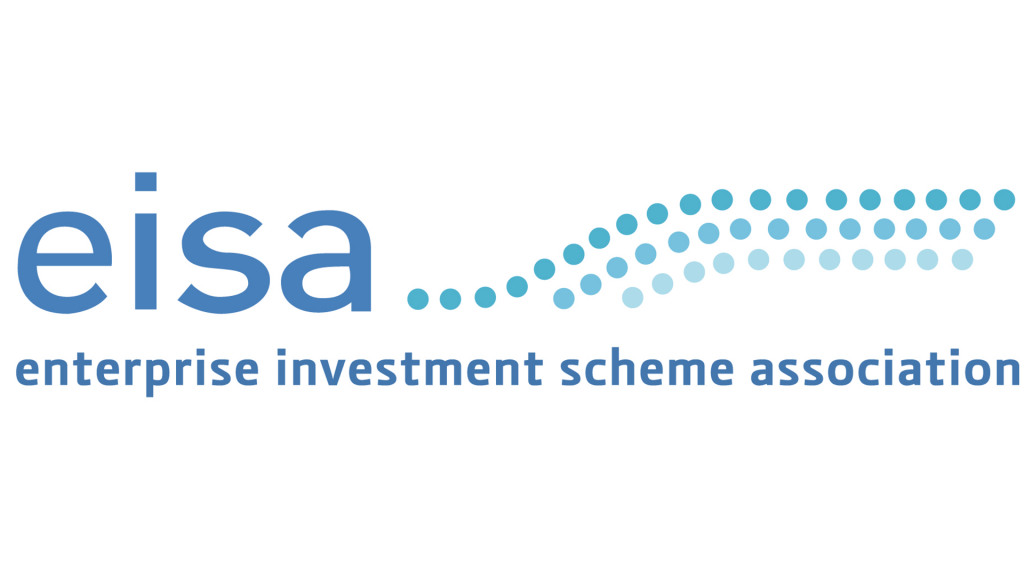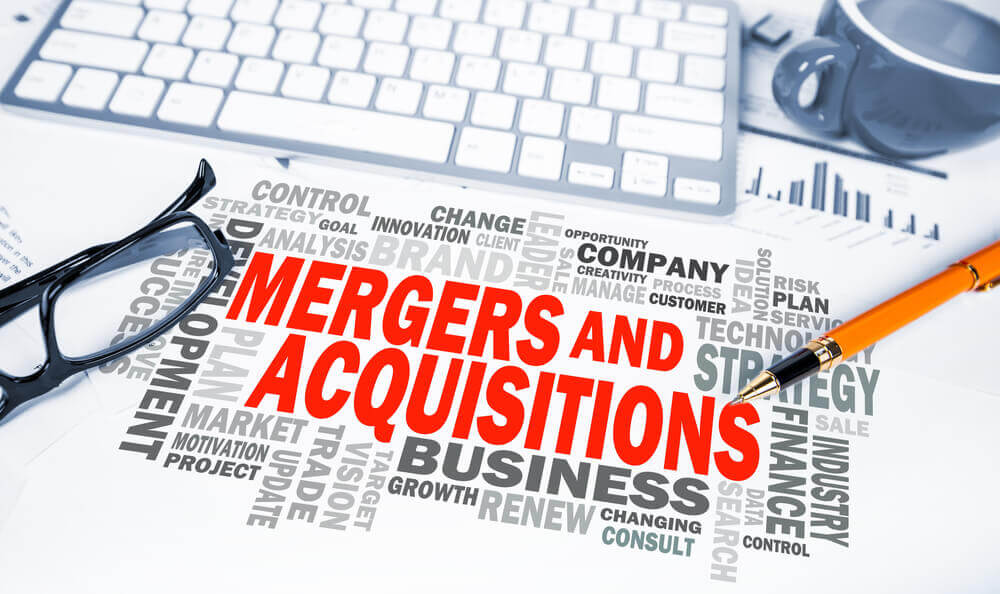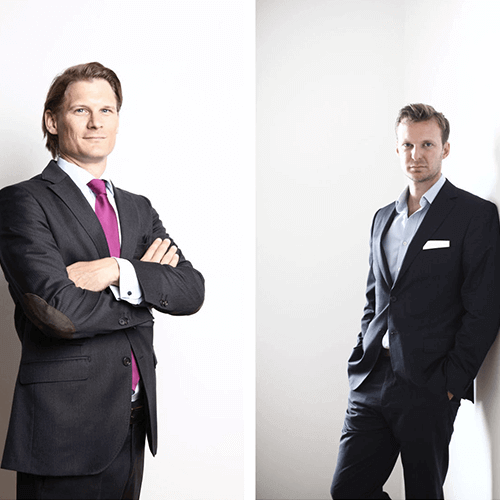
Doing business across borders is no simple task. Companies must navigate a maze of labor laws, environmental standards and cultural expectations that often clash from one country to the next. While staying legally compliant is essential, it’s not always enough. A perfectly legal decision in one region might raise serious ethical concerns in another.
This disconnect creates morally gray zones where business leaders must weigh profit against principle and short-term gains against long-term trust. In these moments, companies reveal who they are and what they choose to stand for.
Labor Standards
Global labor practices expose sharp wage disparities, working conditions and worker participation — especially when companies operate across countries with vastly different laws. Between 1979 and 2021, the average income of the richest 0.01% of U.S. households grew nearly 27 times faster than that of the bottom 20%, reflecting a deepening divide that’s hard to ignore.
This gap widens further when businesses outsource to regions with minimal worker protections and limited rights to organize. While outsourcing often reduces costs, it raises tough ethical questions. More than ever, stakeholders expect brands to take the high road. The reputational risk of appearing exploitative can quickly outweigh the short-term financial gains of cutting corners in low-compliance regions.
Environmental Regulations
In many places, weak environmental laws create moral loopholes that tempt companies to do the bare minimum. Businesses may legally dump waste, overconsume resources or emit harmful pollutants simply because local regulations are outdated or poorly enforced.
It’s no longer enough to meet the local standard. Stakeholders want to see measurable efforts to reduce harm and promote long-term ecological health. Brands that lead with sustainable practices often enjoy stronger loyalty and a more resilient reputation in a world where environmental impact can make or break a business.
Anti-Corruption Practices
In some parts of the world, bribery and facilitation payments are simply considered the cost of doing business. Whether speeding up permits, securing contracts or avoiding bureaucratic delays, these unofficial fees are often deeply ingrained in local business culture.
For example, U.S. companies must comply with regulations like the Corporate Transparency Act. It requires disclosure of beneficial ownership to help combat terrorism financing and money laundering, which reinforces the need for transparent operations. For global businesses, the challenge is maintaining consistent standards across all locations, regardless of local norms. That means building internal policies reflecting an organization’s values everywhere.
Ethical Use of AI Across Borders
AI reshapes how businesses monitor and manage compliance and creates ethical challenges that leaders can’t ignore. Automated decisions in recruitment and surveillance may streamline operations, but they also risk bias, overreach and job displacement. AI was linked to 3,900 job losses in the U.S. in May 2023 alone.
The global regulatory landscape complicates matters further, as many countries still lack clear oversight mechanisms, leaving room for questionable practices. This inconsistency raises a key question: Should companies take advantage of regulatory gaps or hold themselves to a higher standard everywhere they operate? The answer lies in building global AI policies grounded in fairness, transparency and accountability.
Cultural Norms vs. Corporate Values
Cultural norms shape businesses but sometimes clash with a company’s core moral standards. In some countries, gift-giving is a respected tradition. In others, it can be seen as bribery. Negotiation styles also vary — what one culture views as assertive, another might see as disrespectful. Even gender roles can create tension, especially when global companies operate in regions where workplace equality isn’t the norm.
These differences put leaders in a tough spot — respecting local customs without compromising company values. The solution isn’t to lower ethical standards but to develop stronger cultural intelligence. Understanding the context and setting clear boundaries allows businesses to operate with respect and moral consistency.
Building an Ethical Framework
Building a unified code of ethics should balance global consistency and local adaptability. A well-crafted code should outline clear, nonnegotiable values while allowing room for regional interpretation. Many successful companies appoint a dedicated compliance officer to stay ahead of shifting regulations and monitor employee conduct, which helps teams stay aligned with international standards.
Involving local leaders is also crucial because it can tailor the messaging, explain the “why” behind policies and act as trusted advocates for ethical behavior. Ongoing training programs keep expectations clear, while whistleblower protections and routine audits help surface issues early and reinforce accountability. However, nothing fortifies ethics more powerfully than leadership by example.
Making Ethics a Core Part of Business Strategy
To navigate the global ethical landscape, companies need proactive policies, a strong code of conduct and consistent training that empowers teams to make the right decisions. Aligning moral responsibility with business resilience is a wise strategy for long-term success.




















